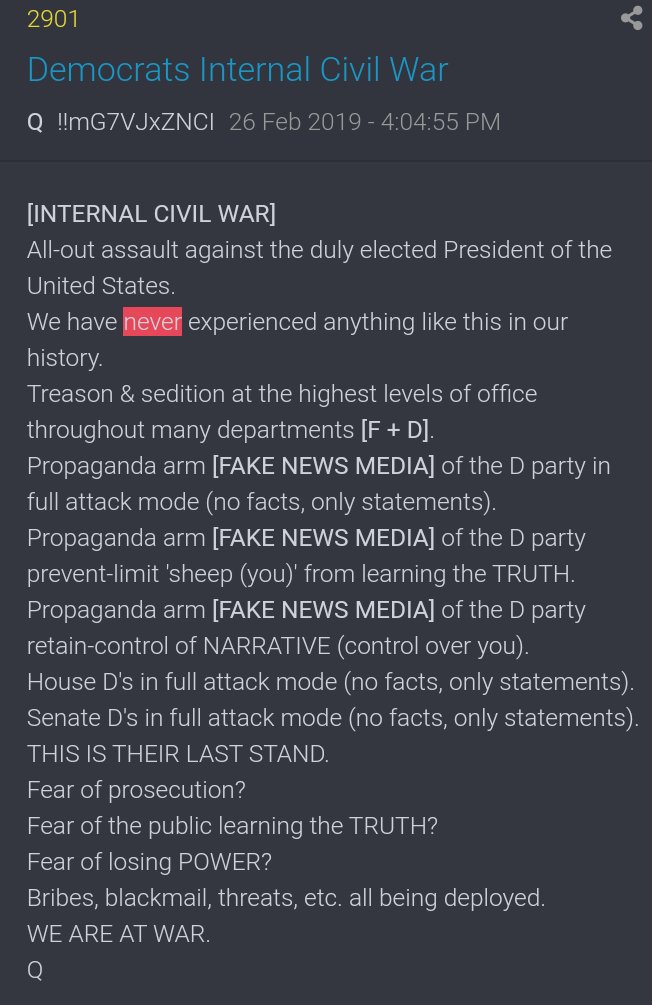The government barred the use of dialect in radio, television and films. Schools and other government institutions do not use dialect either.
/1
straitstimes.com/singapore/pres…
/2
In the film 'I Not Stupid', one character constantly uses 'lim pei'.
Hokkien for 'your father', it is a rough and arrogant way of referring to yourself.
In the entire film, these were the only dialect words allowed. /3
TV had even higher standards than movies. That character switched to saying 'ni lao ba'. Or 'your old father'.
Hardly anyone uses that term in Singapore. It lacks the punch and arrogance coded in 'lim pei'. /4
Which made his lines come off as artificial and inauthentic.
Every time he said 'ni lao ba', it's a reminder of onerous government regulations in the arts. /5
If you want to listen to the original dialogue, you need to go to parallel importers or foreign TV channels.
Which carry their own costs. /6
My parents obtained a VCD with the original Hong Kong soundtrack. But it came with Mandarin subtitles.
As a teen, I watched the film obsessively. /7
Insight into the language of my ancestors.
A peek into how other people think, speak and act.
Eventually, I bought every John Woo movie I could find.
In Cantonese, of course.
/8
In a Singaporean movie theater, the government allows you to hear background music in the original language. Even if it were in dialect.
The government also allows you watch blooper reels in dialect. /9
But the rules for Ip Man 4 were relaxed slightly, leading to some jarring scenes. /10
Every Chinese line was dubbed. The English dialogue was left intact. /11
The original actor speaks in English. (Or Chinese, as appropriate.)
A voice actor dubbed over every sentence spoken by every Chinese character who speaks in dialect.
/12
A line required the character to speak in dialect for it to make sense.
The character spoke in Mandarin, then switched to Cantonese halfway through.
The switch from VA to actor and back was uncanny. /13
Learning Chinese and speaking Mandarin is pragmatic.
But this should not come with the cost of excluding dialects from public spaces.
Learning dialect does not take away from Mandarin. It adds to it.
/14
We are Cantonese, Hokkien, Teochews, Hakka, all of with our own unique traditions, culture, idioms, expressions.
The use of dialects connects us to our roots. Our culture, our history, our elders. /15
It disconnects us from our elders and severs us from our roots.
It stifles the arts scene and forces artifice where there should be authenticity.
/16
My government does not allow me to be Cantonese.
What shall it profit a people to gain the world, if they shall lose their souls?
/end








